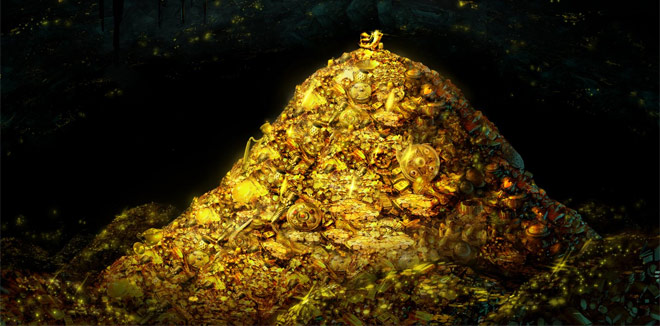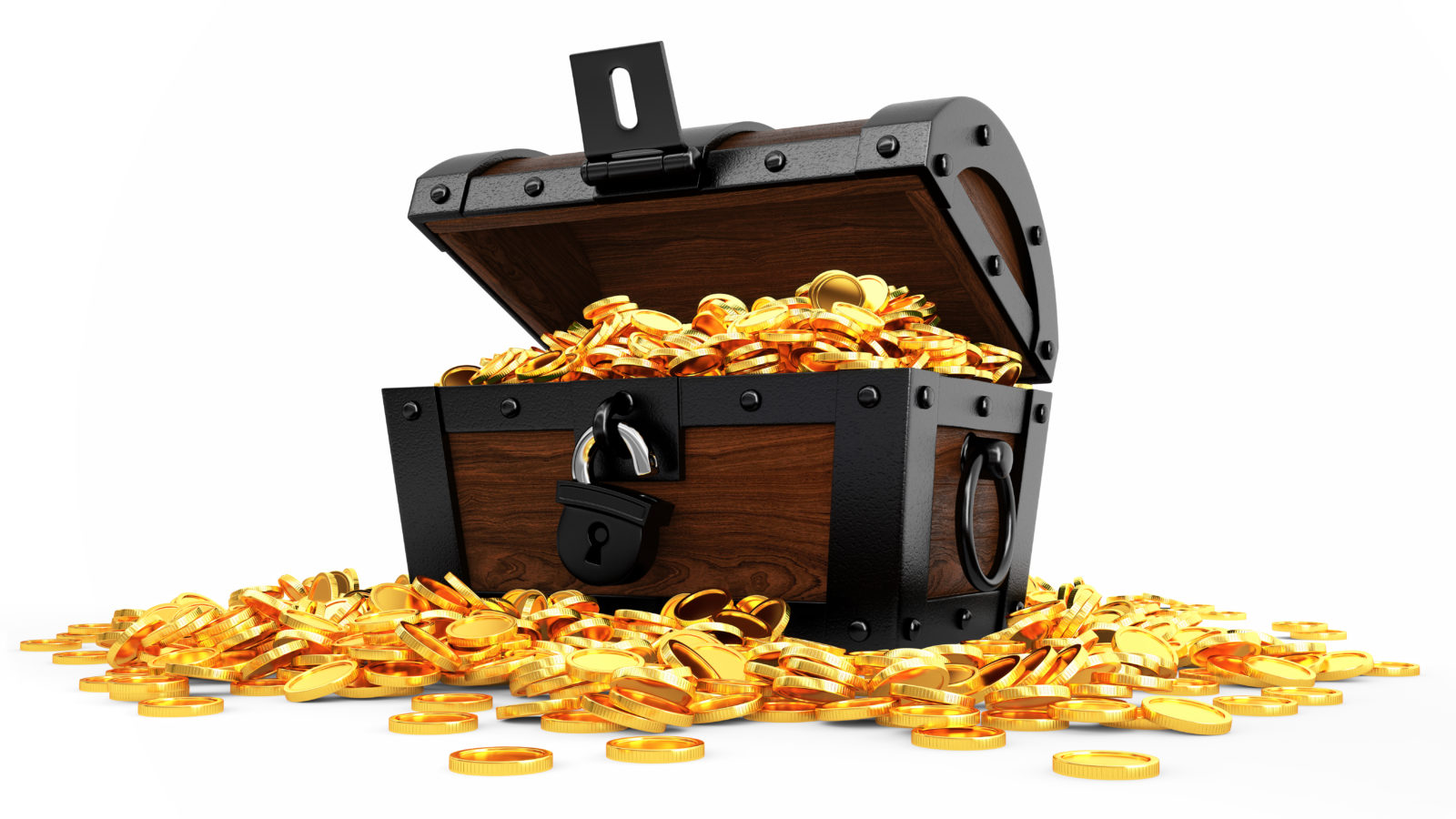In a recent game I was in the party was walking around with something like 70,000gp in Diamond Notes (the Shadow World solution to mass currency transport). Depending on how you value a Gold Piece* that is the modern equivelant of between £8.3M and £350M ($13M – $539M) in cash. That was the cash surplus after four months of adventuring and treasure hoarding.
The first question is how much money do adventurers actualy need? They could retire quite happily and live out a life of luxury on that sort of money but then they would not be adventurers if they did that sort of thing. As a GM it sometimes becomes necessary to drain money from the players economy. One way is the herbalism method.
Imagine the scene, the party approach the doors of a remote monastry towards the end of their day firsst day in the foot hills. They ask for rest for the night which is given as well as food for their horses. While they are walking the grounds in the evening the players notice that there is an extensive herb garden. Furthermore they notice that the monks are growing some of the rarest herbs. Remembering the golden rule of “What the GM giveth the GM can taketh away” you let the party buy a quantity of otherwise rare herbs. Things like Ul-Naza. It is leaf that you eat and it is a natural antidote to any poison. The book price is 430gp a dose but what the monks charge is up to you. Other useful herbs that are expensive are things like Baalak that repairs shattered bones and Hugburtun that stops all bleeding. One dose of each of those is about 1,000gp. Vulcurax is a life giving herb and costs 1,000gp on its own.
So the party top up on some herbs before setting out to find the mountain pass. The next morning they somehow manage to upset a manticore and take a right kicking but luckily enough they had the means to cure the shattered bones, severed arteries and treat the poison barbs. It is just as well they had those herbs! If the party didn’t want to buy the herbs then of course they are now in deep trouble and may well have to turn back to the monastry to recover at which point you are not ony buying the herbs but also paying for the expertise in applying them.
At the end of the exchange I would always leave the party up on the exchange and having a dose of a life giving herb in the parties supplies is always useful but it also helps drain away some of that excess money. You could of course tell the party that they will be traversing Manticore Pass and the party may well choose to stock up on antidote before they even set out.
I like robust parties that I can give a real kicking to but they survive and win through. Herbs that are only really useful after the fight mean that you can really let rip during the combat knowing that you are not going to ruin the chances of completing the overall quest. When the party do win in the end, defeat the villain, rescue the damsel and so on they know it was because of their planning and ability and not because the GM spoon fed them. I used to play under a GM who would beat you down to 1hp and then suddenly no one could hit you and you would eventually win. It was obvious that the dice rolls were being skewed and it took the fun away from the game so some degree.
You don’t have to leave the party paupers and in fact most will not spend themselves down to the last tin piece but consumeables like herbs are a good way of lightening the purse of some of that excess treasure.

*I read somewhere in one of the RM sourcebooks that a typical peasant has an annual income of about 2gp a year. If you consider the National Minimum wage as ‘peasant income’ then 1gp equal £5000 and dividing down then a 1 Tin Piece is just 50p. On the other hand if you see a peasant income as those people surviving on a dollar a day then one Gold Piece would be worth £118 ($183) and a Tin Piece would be a Penny (nearly 2¢).



